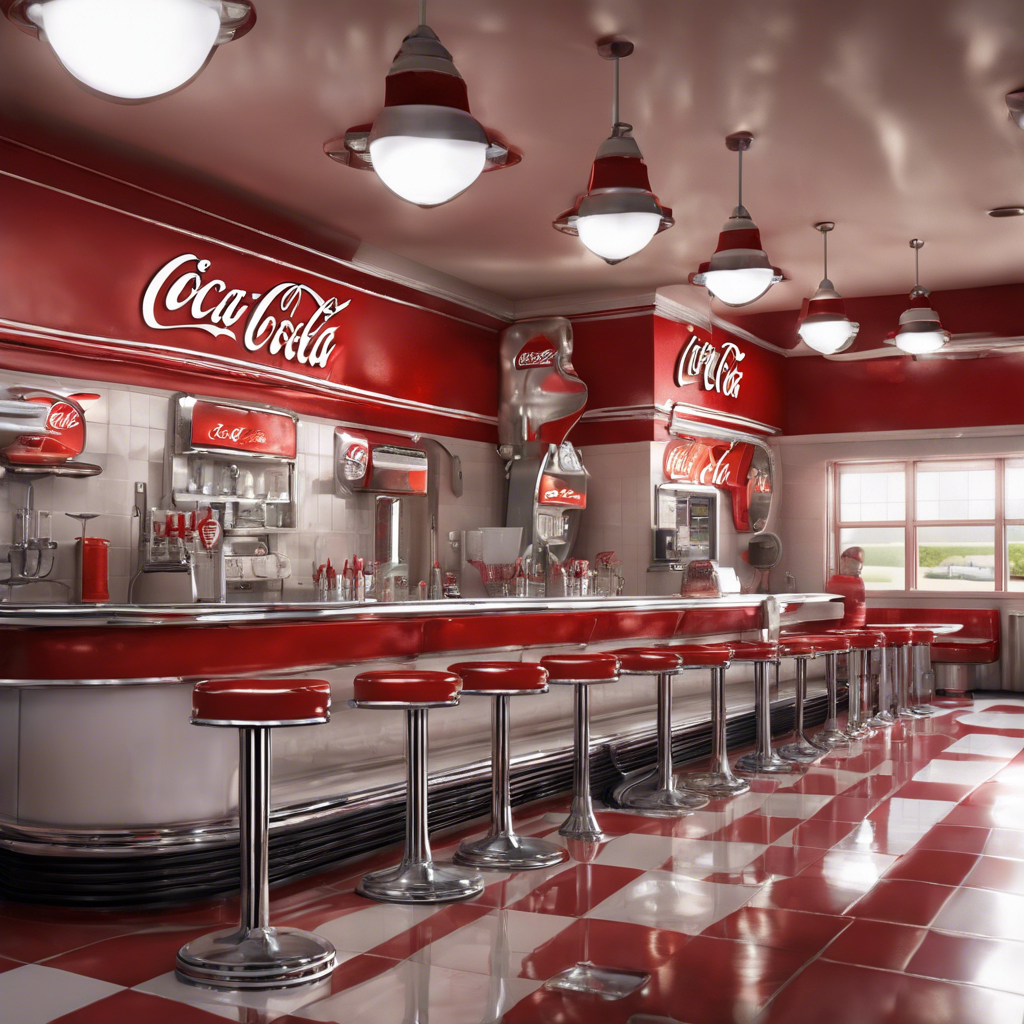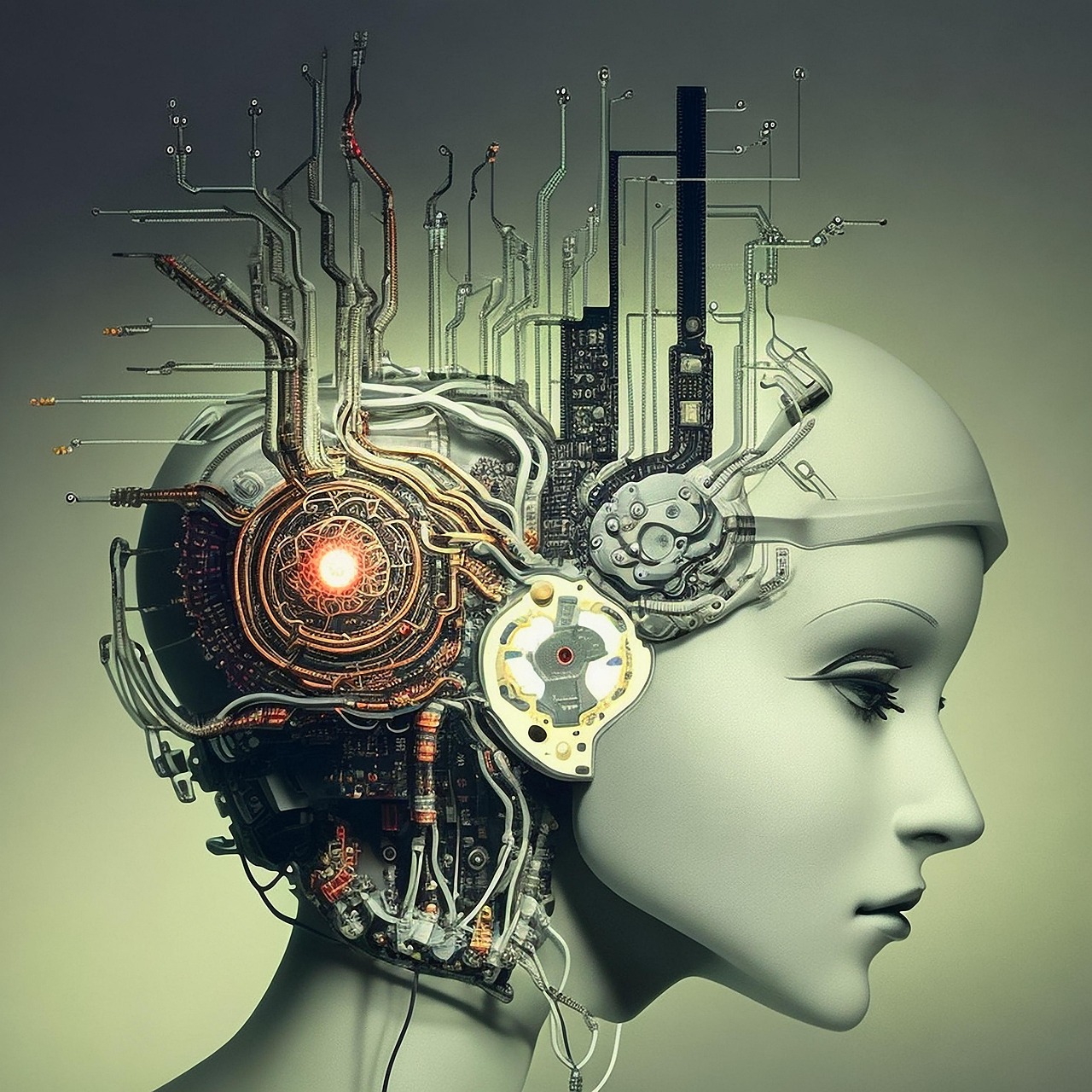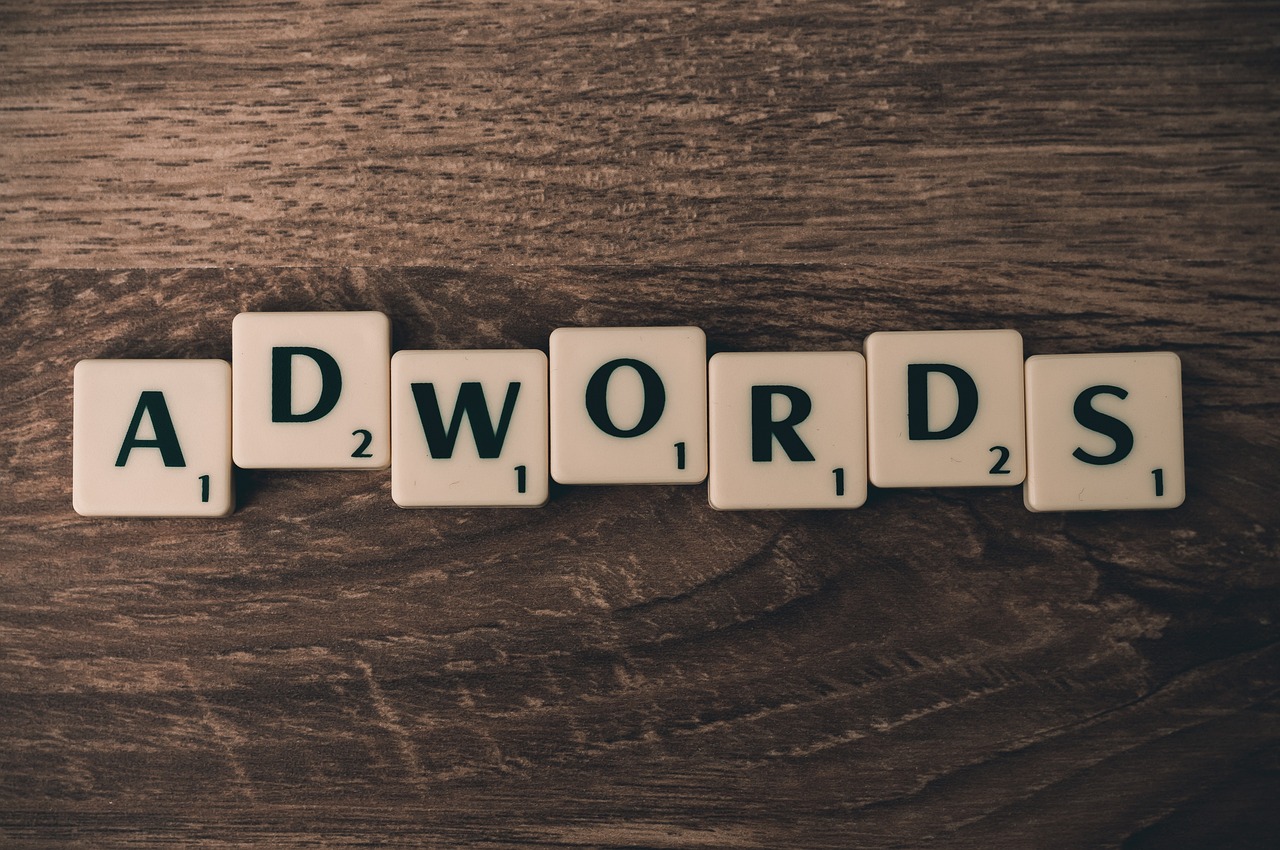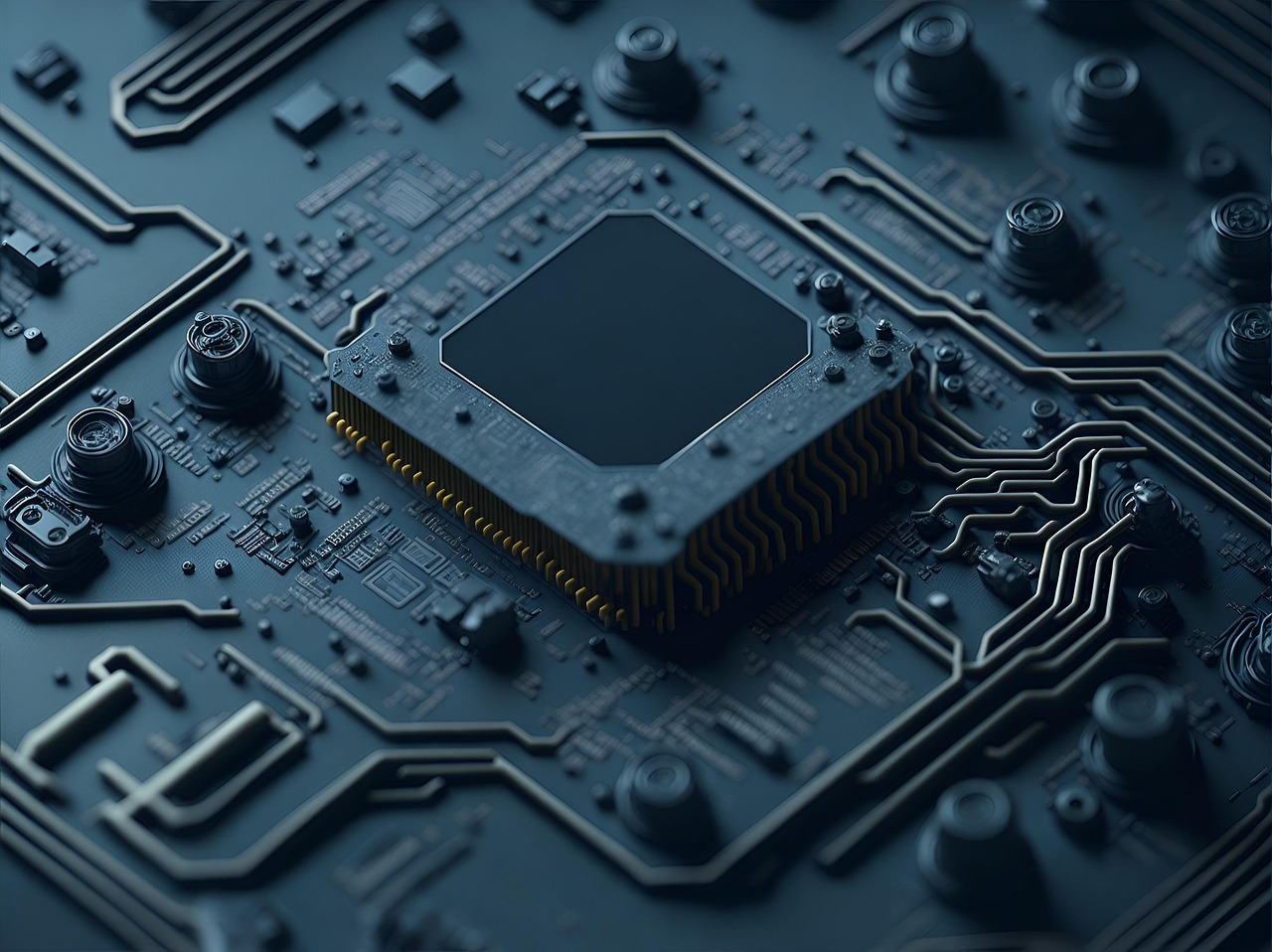Coca-Cola's AI-Generated Christmas Ads Spark Debate

Brief news summary
Coca-Cola's recent AI-generated Christmas ads have been criticized for their failure to depict realistic human figures. Despite advancements in AI, these advertisements illustrate the ongoing challenges in creating natural-looking humans without distortions. Created by AI studios like Secret Level and Silverside AI, using models such as Leonardo and Luma, the ads aimed to portray lifelike human motion but fell short. One ad, inspired by Coca-Cola's 1995 "Holidays Are Coming" campaign, featured the iconic red delivery trucks but strategically avoided close-up shots of people to sidestep the "uncanny valley" effect. This led to rubbery textures and amusing errors, such as spinning truck wheels and odd backgrounds. Critics highlighted the inefficiency of AI, which demanded multiple attempts and significant energy to produce even passable content. Industry experts expressed disappointment, seeing the ads as a cost-cutting move that undermined artistic creativity. They argued the ads failed to enhance AI's reputation as a creative tool, lacking emotional depth compared to human-created works, ultimately underscoring AI's limitations in capturing human creativity.Coca-Cola released AI-generated Christmas ads, evoking mockery and criticism on social media. AI-generated videos are gaining traction in advertising, with models now able to produce short, seemingly real clips. Last June, Toys "R" Us faced backlash for an AI ad featuring unsettling imagery. Similarly, Coca-Cola's three AI ads have received a mixed reception. Three AI studios (Secret Level, Silverside AI, and Wild Card) used AI models like Leonardo, Luma, and Runway, with Kling introduced later, to create these ads. These ads underscore the limitations of current AI video models, particularly in rendering realistic humans without distortions. Secret Level's Jason Zada shared with Ad Age that Kling enhanced human motion realism. The most talked-about Coca-Cola ad on social media is the only one featuring humans, while the other two focus on animals.
This ad, more straightforward than Toys "R" Us's, includes quick clips of vehicles and smiling faces, a simpler task for AI. These ads echo Coca-Cola's 1995 "Holidays Are Coming" commercials, strengthening its association with festive cheer. However, the new AI version offers only fleeting glimpses of smiling consumers and delivery trucks adorned with Christmas lights and Santa imagery. Santa's face is notably absent, perhaps to avoid eerie AI-generated expressions. Observant viewers noted errors, like oddly proportioned scenes and nonsensical shapes, inviting ridicule online. Commentators pointed out AI's inefficiencies, with models generating unusable footage, requiring extensive manual editing. Filmmakers criticized the ads for undermining creative jobs, with some dubbing AI a method for corporations to cut costs. Despite these attempts, the AI ads fail to replicate the timeless appeal of human-made versions, merely remixing past creations while consuming significant resources. This underscores why traditional craftsmanship retains its magic in advertising.
Watch video about
Coca-Cola's AI-Generated Christmas Ads Spark Debate
Try our premium solution and start getting clients — at no cost to you















